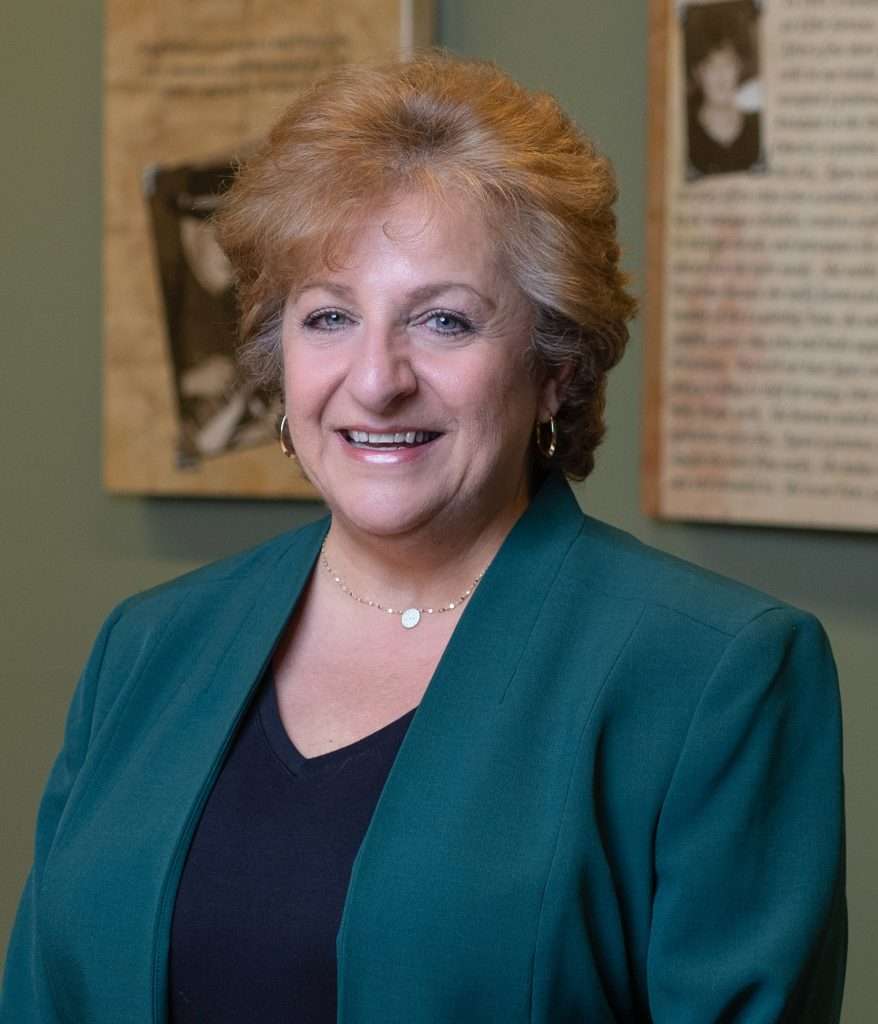
Question: I’ve found that I’m becoming more anxious lately, and some of my friends have recommended meditation. I don’t know a lot about it but have heard it’s becoming more popular. Is this something worth exploring?
Answer: This season is a time when many people celebrate by writing up a list of resolutions, often relating to healthy living. And one healthy habit more and more people are adding to their lives is meditation.
According to the Mayo Clinic, meditation has been around for thousands of years, in a variety of forms, throughout the world. Meditation today is recognized as a mind-body activity that can reduce stress and promote relaxation.
In general, meditation involves focusing your attention and evading the continuing stream of ideas, urges, and worries that often crowd our minds. It can provide benefits that last long after a specific meditation session concludes, helping people tackle the remainder of their day with fresh calmness and clarity. The Mayo Clinic reports it has been found to aid symptoms of certain medical conditions, including anxiety, asthma, sleep problems, tension headaches, and high blood pressure.
Meditation often involves the following components:
• Focused attention: This is focusing on a specific object, image, word/phrase (mantra), or breathing.
• Relaxed breathing: This involves slow, deep, even-paced breathing, using the diaphragm to expand the lungs and take in more oxygen.
• Maintaining an open attitude: Practice letting one’s thoughts enter and leave the mind without judging them.
Yoga is also a form of meditation. It requires balance and concentration, which helps people practicing it focus more on the present, instead of dwelling on the news or a to-do list.
Our own Healthy Living Center of Excellence offers free, evidence-based workshops that teach or incorporate practices of meditation, including tai ji quan and tai chi.
• Tai Ji Quan: Moving for Better Balance is a training regimen designed for older adults or anyone having trouble with their balance. The workshop meets in one-hour sessions, twice per week, for 24 weeks.
• Tai Chi focuses on preventing falls and improving balance through a gentle form of a Chinese martial art that includes a series of movements performed like a slow-motion dance in conjunction with deep breathing. The Tai Chi workshop meets for one hour, twice per week, for 12 weeks.
For more information about these and other HLCE workshops, visit our website at https://agespan.org/solutions/health-wellness/
By exploring these and other options, you may find a form of meditation that feels right for you. I wish you all the best for 2022.
